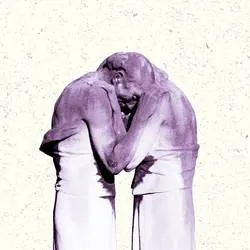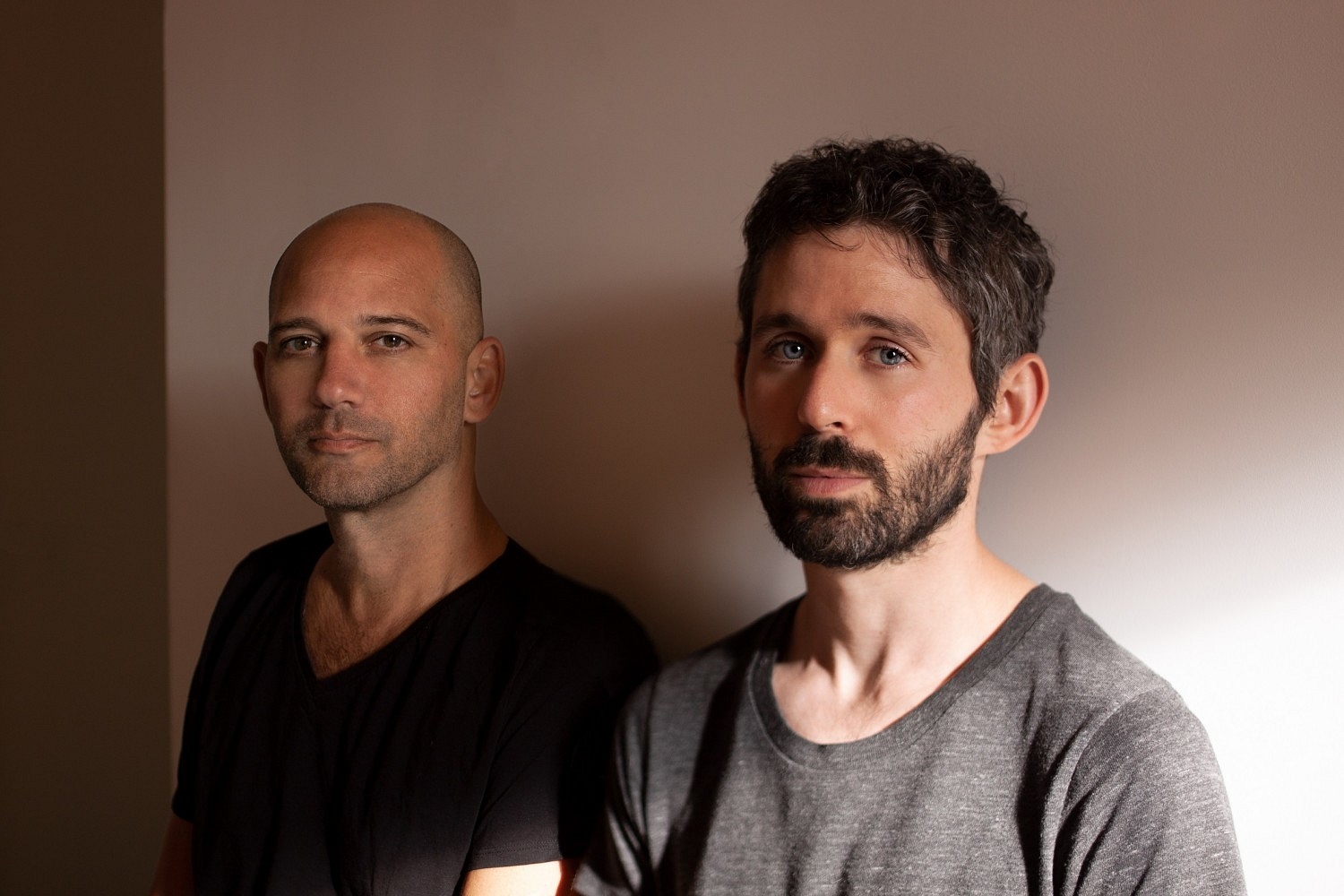
Interview The Antlers talk ‘Hospice’ reissue, looking back on past selves and a new album
We speak to Peter Silberman about the upcoming UK tour in support of the band’s much-loved 2009 record.
Later this month, The Antlers will bring their classic 2009 album ‘Hospice’ to the UK for a tour celebrating the album’s tenth birthday and recent reissue, playing the album in full. The New York band’s second album, ‘Hospice’ catapulted the band to a newfound position of critical darlings, something they’ve upheld in the decade since.
A deeply intense, emotional album, ‘Hospice’ is set by a hospital bed, with a protagonist caring for a terminally ill companion. Full of gorgeous swathes of reverb-filled guitars and Peter Silberman’s wonderfully delicate, pained falsetto which serve to amp up this emotion to huge levels, the album is far from an easy listen, but through the pain comes a biting catharsis, something that’s more than held up over the last decade.
Ahead of the UK leg of the ‘Hospice’ anniversary tour, we caught up with Peter to discuss the album’s legacy, what it’s like to revisit a previous version of yourself, and work he’s currently undertaking on a new Antlers album.
Listen to ‘Hospice’ in full and read the interview below.
Hey Peter - how’s your 2019 been so far?
I’ve been pretty busy! It’s been good though. We’re getting ready to go on these ‘Hospice’ tours, and I’m remembering just how much work is involved in setting up a tour. It’s been a couple of years, so it’s good to be back in it.
You released your solo album ‘Impermanence’ a couple of years ago - have you been relatively quiet since then?
I’ve been working on a lot of music and other projects in the meantime, I just haven’t released very much. I’ve been very busy with a lot of that stuff, but I’ve been releasing things in little bits and pieces, and these projects tend to take some time. I’m in a bit of a ‘heads down’ phase.
Did working on so much new stuff influence your decision to go back and revisit ‘Hospice’, and experience a different kind of creation by bringing it back to life?
I think the creative reasons are kind of separate. I’d been working on new music for some time before we decided to reissue ‘Hospice’ and do these shows around it. Now that I’m in the midst of it, I’m finding that it’s good for me to check back in with the aspect of this whole endeavour of being out there in the world with it, and performing, and translating it to the stage, and reimagining what a live show can be like. I’ve been working on a record for about a year now, and I’ve put it on the backburner for a while as I do this ‘Hospice’ stuff, and I find it useful to take space from a project that you’ve been spending a lot of time with and then you come back to it and see which parts are still resonating with you, and which parts you still feel excited to work on, or which bits were just a product of momentum.
That new album you’re working on, is that a second solo album, or a new Antlers record?
Yeah, it’s Antlers actually. It started off as just me kind of putting myself back into songwriting and recording again after taking a break from that after finishing ‘Impermanence’, and then I set up a studio in my house, and thought, you know what, I want to see how it feels to revisit that again, to go back into the world of songwriting. I didn’t feel particularly drawn to do it at the time, but I felt like it was important that I see what happens when I attempted to. I started to just have fun with it, and enjoy doing it again, and as I spend more time with little pieces of ideas, they start to form into songs and then before you know it, you feel like you’re working on an album.
"It's an interesting thing to contemplate: thinking how did I see the world at that time? How was in interpreting my life at that time? What was I doing with those feelings?"
Is there a different weight that comes with labelling something you’re writing as an Antlers record, given the legacy you’ve created?
I guess there probably is a weight externally, but the degree to which I validate it or recognise it is kinda up to me. I like to keep those thoughts out of the process, but I do recognise that there are differences. As shape-shifty as The Antlers can be, the experience of releasing and touring a solo record gave me an experience of just how different a project is based solely on what you call it. But it feels good to be working under the Antlers name again, and at the moment I prefer it. Moving in and out of different creative phases in your life, when I made my solo record I felt very drawn to doing things more or less by myself, and was on a bit of a solitude trip at the time, and I’m not there right now, so it feels appropriate to use the Antlers name again, and think of it in those terms. It’s a band and it’s not a band, but that’s how it’s been at different points in time. Before ‘Hospice’ it wasn’t really a band, it was a recording project that had guests on it, and now it’s somewhere in between that and a band. Me and Michael [Lerner, drums] are very close and we have a very strong musical chemistry, but the way that we’re working on this record is different than in the past. It feels good to keep redefining this, and to realise that this entity of The Antlers is going to keep changing and transforming over time, and it may seem like it’s static for a little while, but it’ll turn into something else eventually, and it’s hard to anticipate where it’ll go.
Last year, a bunch of people seemed to misinterpret a message you put out about the future of the band, and took it to mean you were breaking up - was that strange to witness?
I won’t get into it too much, but when you find yourself into a position where there are news items happening about you and your work, and they don’t have anything to do with the work itself and the music itself, to me that’s a red flag, and that’s not a thing that feels good. It was a bit of a wake-up call, that some clarity would be helpful for everybody, and around that time we started formulating this plan of doing these ‘Hospice’ shows and that felt like a nice way to return to the fold and say: ‘This isn’t over, it’s just changing.’.
Has reissuing ‘Hospice’ and reimagining the songs for the tour made you think back to the person you were when you wrote it, and do you feel like a very different person now?
It’s like looking like an old picture of yourself, and reassessing your past output. There is that quality where you see that picture, and recognise that it’s you, but it feels like it’s from a long time ago. The experience for me right now is thinking about where my head was at at the time that I made it. I’m not in that headspace whatsoever any more, thankfully - I’m really happy to have moved out of that phase of my life completely - but it’s an interesting thing to contemplate: thinking how did I see the world at that time? How was in interpreting my life at that time? What was I doing with those feelings? When I was listening to the record as we were doing the reissue and I was approving the vinyl test pressings and things, I was hearing qualities to my voice that aren’t there at the moment. There was a lot of pain and desperation and anger, and I could hear it about to boil over in that record. That’s just interesting for me to feel pretty far past now, but to be able to see myself at a difficult moment, and be transported back to it a little bit, with the benefit of time and distance.
"There was a lot of pain and desperation and anger, and I could hear it about to boil over in that record."
Did you have to think twice about doing this? It seems like quite a painful record to look back upon - did you wonder if it’d be too difficult to transport yourself back to that time?
I had hesitations about this whole anniversary trip, from the beginning, but they were mostly about me not wanting to return to a period of time that I was done with, because it didn’t feel relevant to me. I wasn’t worried that it’d be too difficult for me, because over the course of touring that record, at the height of its popularity, I got so used to that process of singing a song but not reliving it, where I could touch upon more of the emotional subtext of it and less about the specifics and putting myself in the situations that inspired it. My real hesitations were whether I really wanted to spend a lot of time singing these old songs, and whether it’d be a big distraction from work that I’m personally invested in at the moment, and just working out how I was gonna do it, on a logistical level. I started to recognise it as this vehicle for things that are important to me. It’s a vehicle for connection with people. It’s a vehicle for reconnecting and having an excuse to get together with my friends and play these songs that we know really well and to go on tour with some of my favourite people. The benefits started to feel like they really outweighed the cost.
When you released ‘Hospice’, did you have an idea that it would do what it ended up doing, and become the springboard for your career?
Absolutely not. I did have the feeling when I was making it of ‘If this doesn’t do it, nothing will’ and I left a lot of myself in that record and in that process. But in terms of my idea of what success would be at that point, I set myself a really low bar, and when we hit that bar early on after self-releasing the record, and plenty of time playing shows to nobody, when people started to come to the shows, and we filled our first room, I said to myself: ‘We made it!’. All I wanted was to play the Mercury Lounge in New York. In my wildest dreams, I wanted to sell out the Mercury Lounge. That, to me, was succeeding, at least on a professional level. I had no clue that what was going to happen would happen. It wasn’t really what I was after, but then it laid the foundation for me to continue to make records, to tour, to do all this stuff. It took me by complete surprise, and I wasn’t really ready for it.
Does that give it an extra importance to look back upon, thinking ‘This is the album that gave me everything’?
I think it definitely gives it a weight, but the way that I like to look at it is again that it’s a vehicle. It’s enabled a lot of continued work. It’s given me a lot of opportunities to continue making music and other projects, and it always runs the risk of overshadowing the current output, but I’m at a point in my life now where I’m not wanting the same level of hysteria that ‘Hospice’ brought - I’m not really desiring that for future projects. I’m really happy that I went along for the ride when I did, but I think that would be a challenge for me to sustain now, and I’m much more interested in balance, and if ‘Hospice’ can continue to bolster future projects, then I’m happy about that, and I’m happy with the lifespan that it’s had with the people that like it.
The Antlers tour ‘Hospice’ around the UK this month - view the dates below.
APRIL
19 Leeds, Belgrave Music Hall
20 Manchester, Dancehouse Theatre
21 Glasgow, St Luke’s
23 London, Union Chapel
Read More
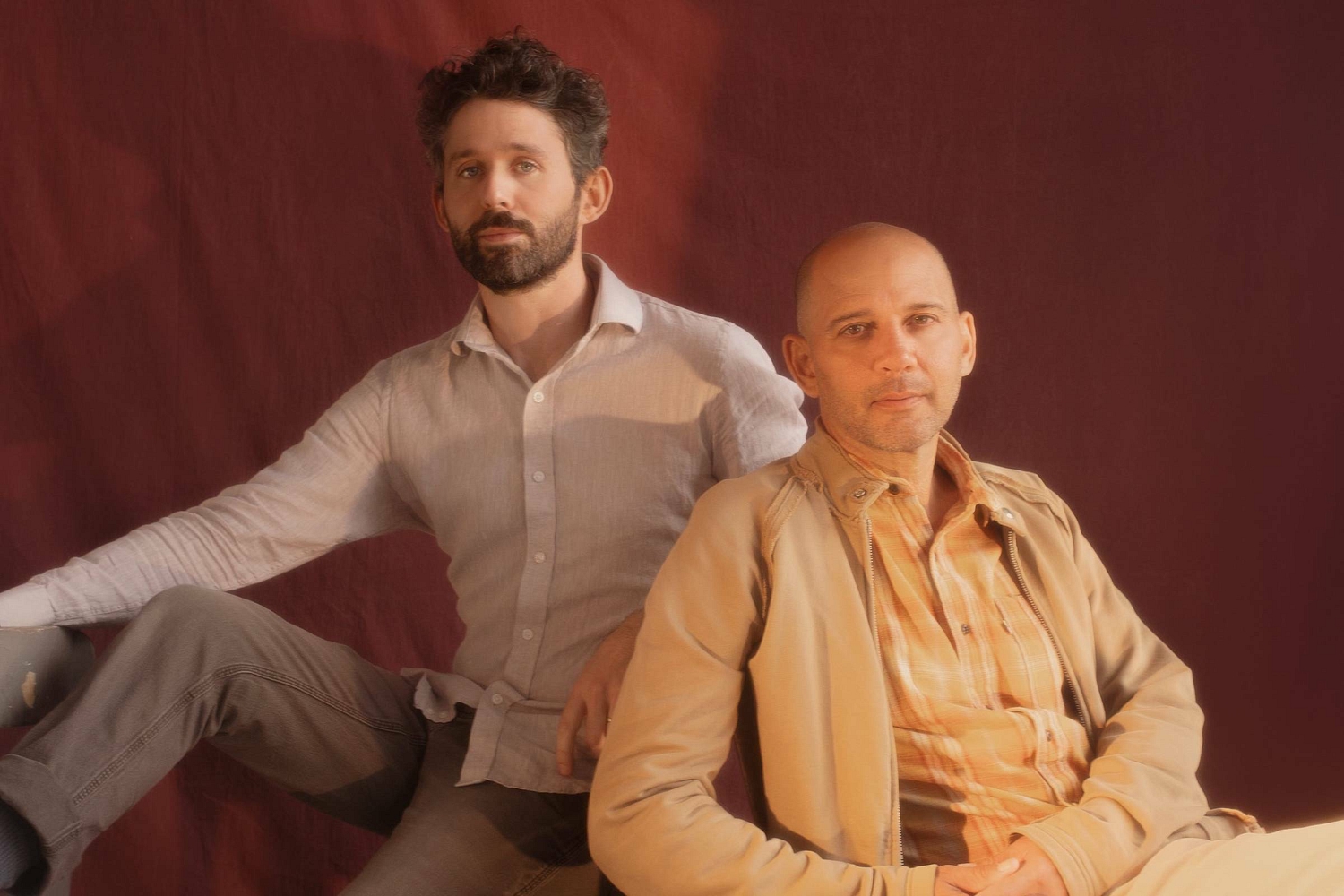
The Antlers release new song ‘Rains’
It’s the latest track in a string of singles they’ve shared recently
27th April 2023, 12:00am
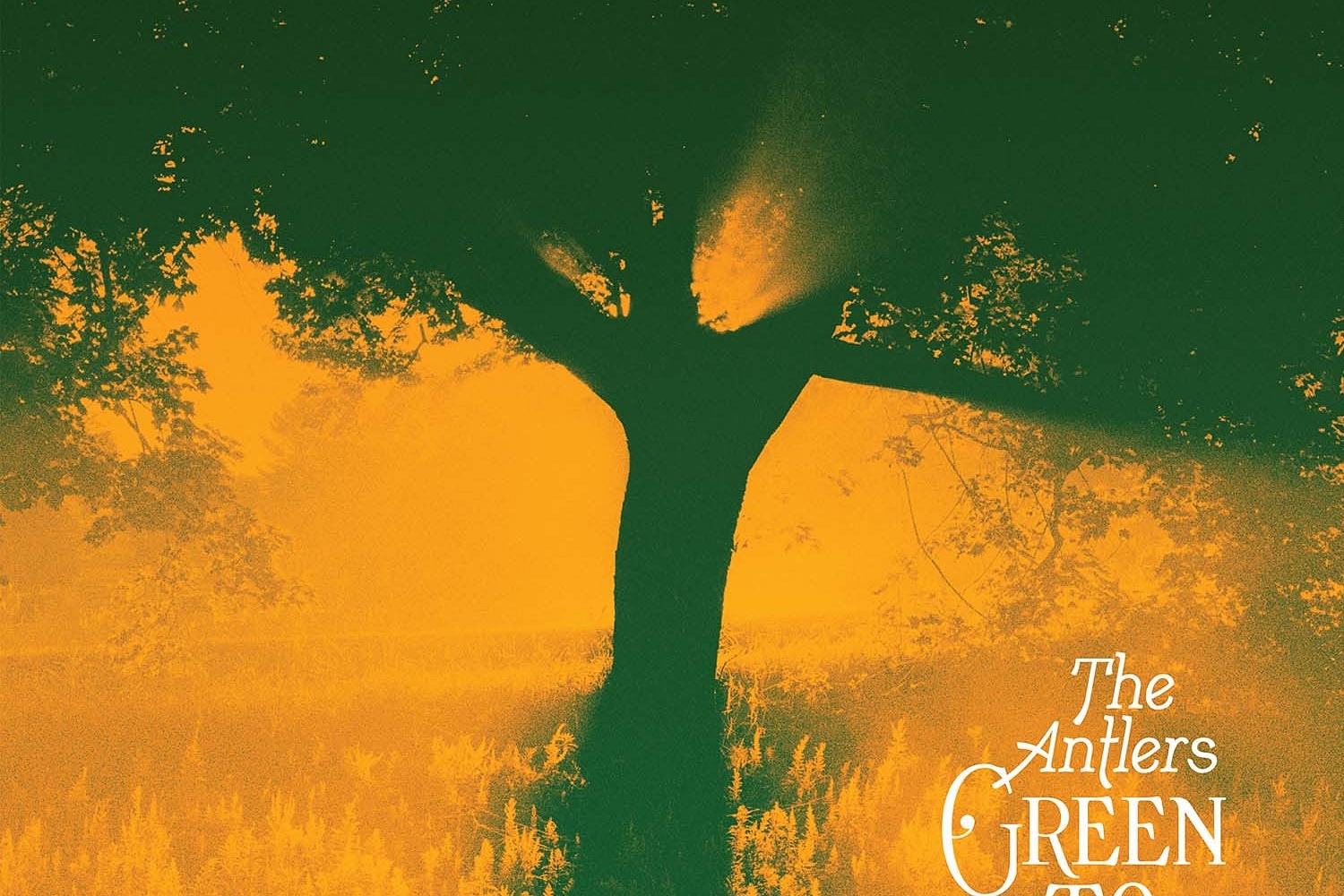
The Antlers - Green To Gold
4-5 Stars
It feels like the opening of a new chapter, rather than the closing of the last one.
25th March 2021, 7:59am
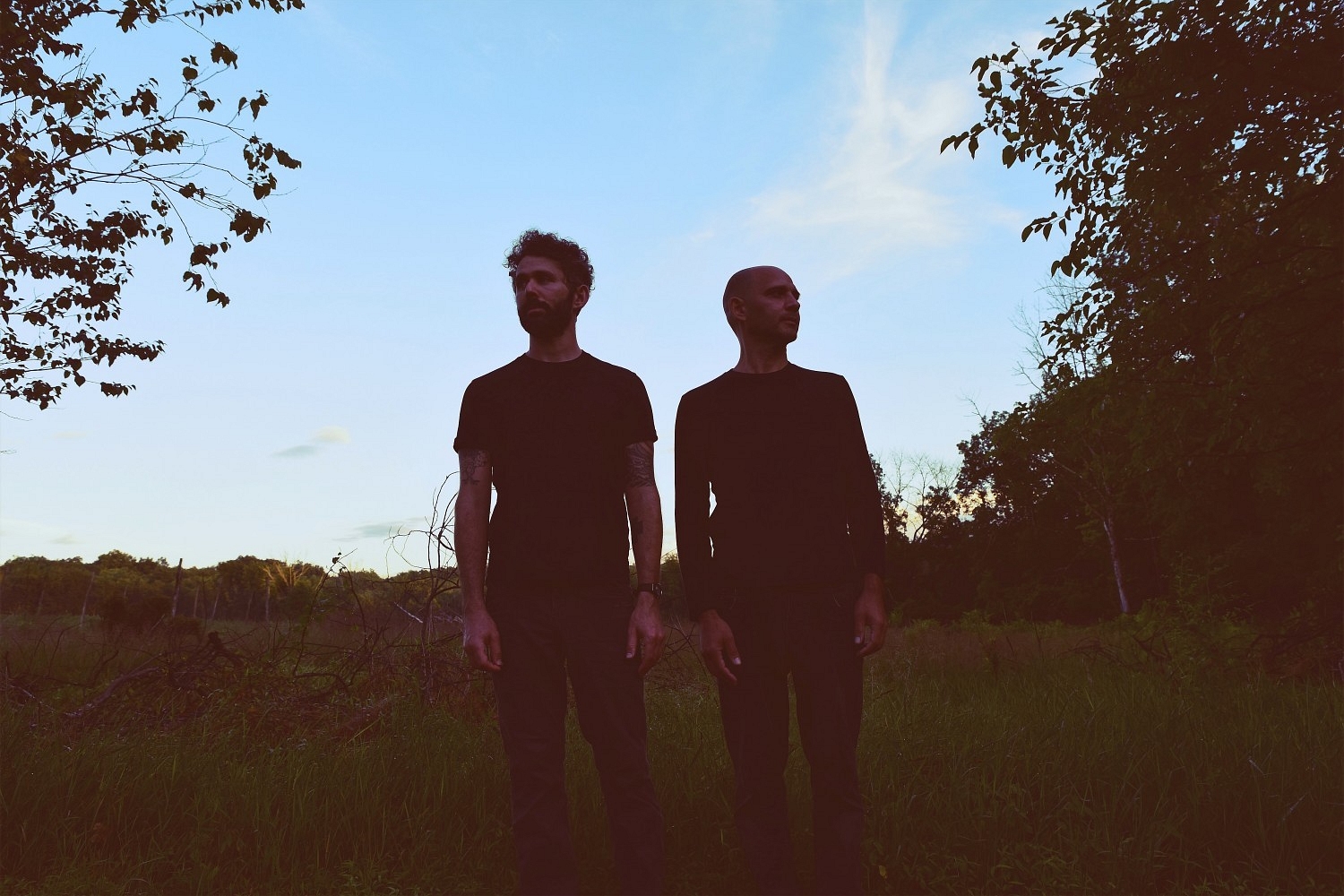
The Antlers announce new album ‘Green To Gold’
And they're sharing new track 'Solstice' to celebrate.
13th January 2021, 12:00am
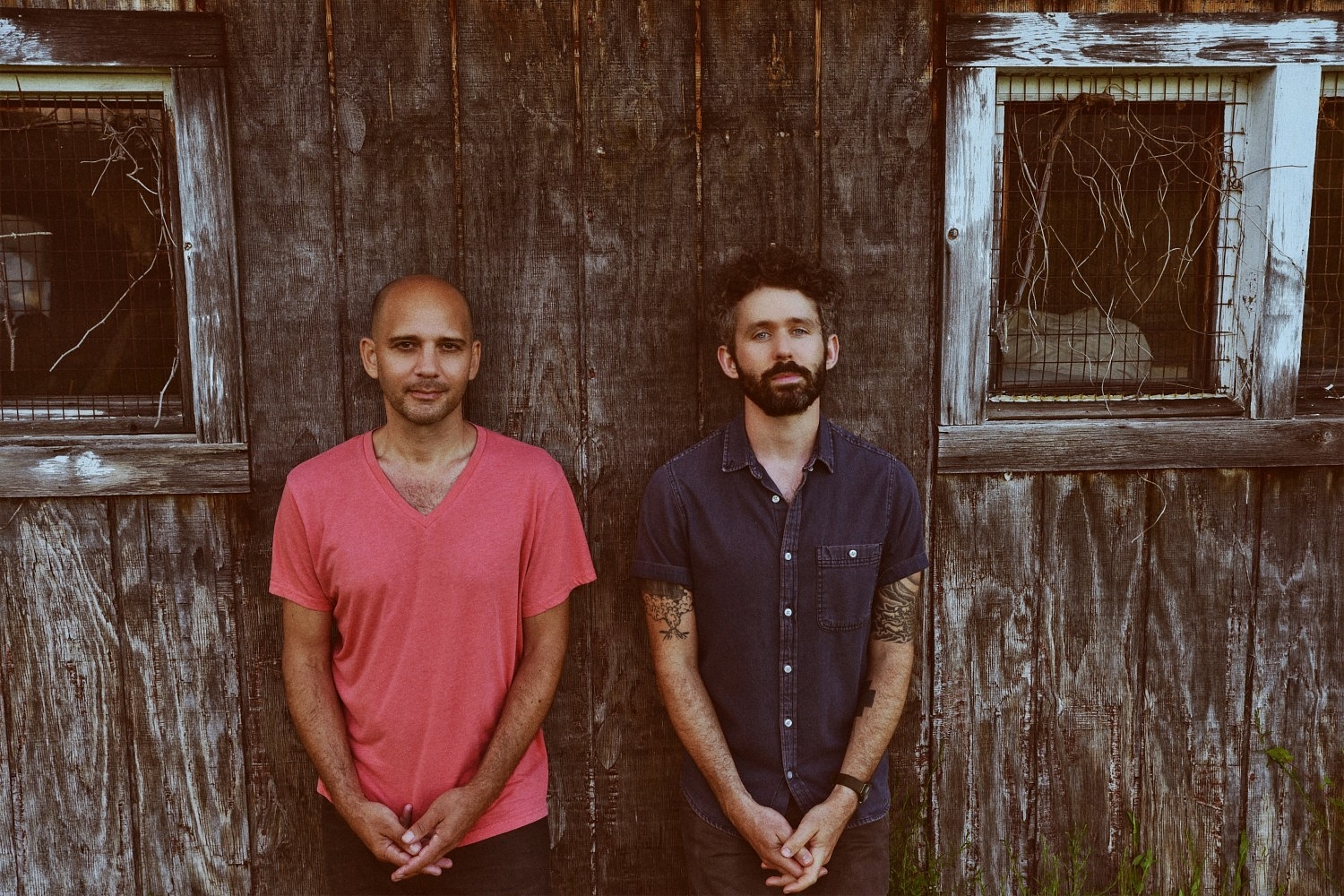
The Antlers return with ‘Wheels Roll Home’
It's their first new music in six (!!) years.
6th October 2020, 12:00am
With Bob Vylan, St Vincent, girl in red, Lizzy McAlpine and more.
